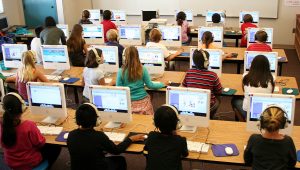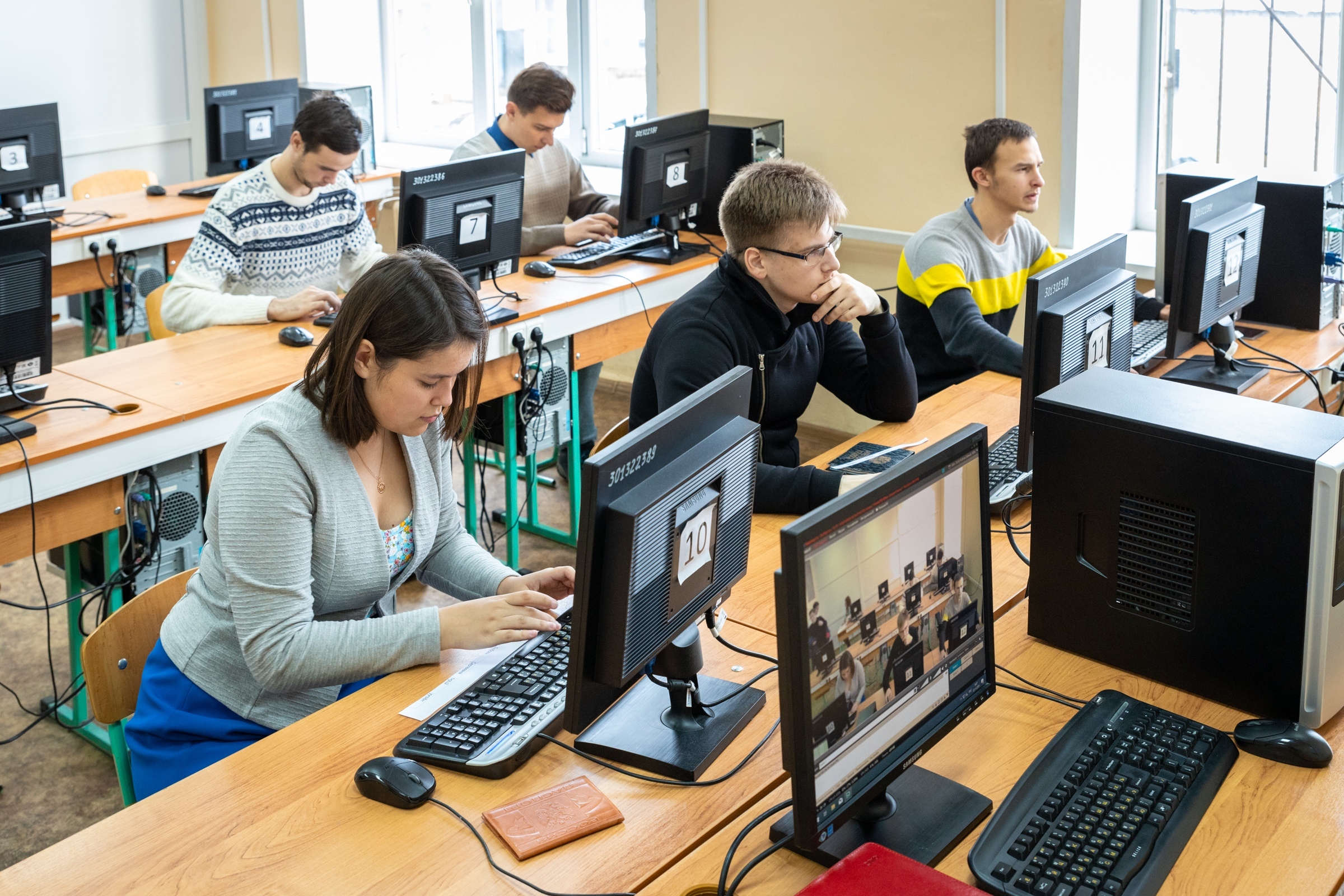In the rapidly evolving landscape of education, the integration of Artificial Intelligence (AI) into curriculum design stands as a beacon of transformative change. As an educator deeply invested in the future of learning, I have witnessed firsthand how leveraging AI in education can personalize learning experiences for students, thereby revolutionizing curriculum design for enhanced learning outcomes. AI’s capacity to analyze vast amounts of data and adapt to individual learning styles means that curricula can now be tailored to meet the unique needs and pace of each student. This personalized approach not only optimizes the learning process but also ensures that educational content is more relevant, engaging, and effective for every student.
Personalizing Learning Experiences with AI

The advent of AI in education has opened the door to personalized learning paths for every student, marking a significant shift from the one-size-fits-all teaching methods that have dominated traditional education systems. By transforming schools with AI, we are not only able to create tailored learning experiences but also to boost engagement through personalized education experiences. AI tools and platforms can identify the strengths, weaknesses, preferences, and pace of each learner, enabling educators to customize instruction and resources to suit individual needs. This level of personalization ensures that students are not just passive recipients of information but active participants in their learning journey, thereby enhancing motivation and improving learning outcomes.
Enhancing Teacher-Student Interactions through AI Tools
The integration of AI tools into the educational process offers a unique opportunity to enhance teacher-student interactions. By leveraging AI to personalize learning experiences, educators can devote more time to individual student needs and foster interactive and engaging classroom environments. AI can take over repetitive tasks such as grading and administrative work, allowing teachers to focus on more meaningful instructional activities and interactions with students. Furthermore, AI-powered platforms can facilitate real-time feedback and assessments, enabling teachers to address learning gaps promptly and effectively. This dynamic interaction between teachers and students, mediated by AI, enriches the learning experience and promotes a deeper understanding of the subject matter.
AI-driven Analytics for Measuring Educational Outcomes

The role of AI-driven analytics in measuring educational outcomes cannot be overstated. AI in education enhances the precision in evaluating student learning outcomes, thereby transforming schools with AI-driven analytics for improved educational strategies. By analyzing data on student performance, engagement, and learning patterns, AI tools can provide educators with actionable insights into the effectiveness of teaching methods and curriculum design. This data-driven approach enables continuous improvement in educational practices, ensuring that teaching strategies are aligned with student needs and learning objectives. Moreover, AI-driven analytics can predict future learning outcomes and identify potential challenges, allowing educators to intervene early and tailor interventions to support student success.
Preparing Students for an AI-driven Future

Incorporating AI in education not only enhances personalized learning experiences for students but also plays a crucial role in preparing them for an AI-driven future. As we stand on the cusp of the fourth industrial revolution, the ability to interact with AI technologies and understand their implications is becoming increasingly important. By integrating AI into the curriculum, we foster the development of critical thinking and problem-solving skills, equipping students with the knowledge and competencies needed to navigate the challenges and opportunities of a rapidly changing world. Moreover, exposure to AI in the classroom encourages students to think creatively and innovatively, preparing them to be the architects of future technologies and solutions.
Conclusion
In conclusion, the integration of AI into education represents a significant leap forward in our quest to provide high-quality, personalized, and engaging learning experiences for all students. By harnessing the power of AI, we can transform schools into dynamic learning environments that prepare students for the complexities of the future. As we continue to explore the potential of AI in education, it is clear that the journey of learning is entering a new and exciting phase.




